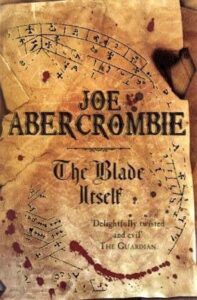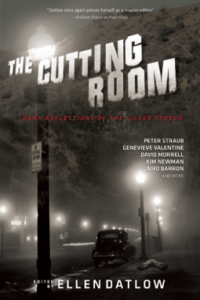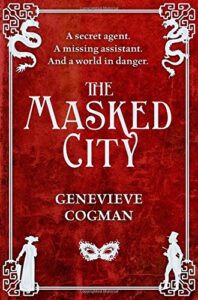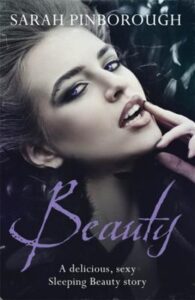 Beauty, Sarah Pinborough
Beauty, Sarah Pinborough
Beauty wraps up the trilogy, tying the books together even more and linking even more fairytales. It’s written in the same style as the previous two, and illuminates some points from the other books — including the characters of the Prince and the Huntsman. It’s all a little too neat for my tastes, and I think this might’ve been my least favourite of the books; the gruesomeness and sex was exaggerated even further, and we spend far too much time with the Prince, who we know is not exactly the nicest of characters. (Though perhaps this book explains it, somewhat!)
The ending, the epilogue part, was just infuriating — is this the end of a trilogy? Are there more books coming? I’m confused; it seems to promise that there will be resolution of this plot, at some point, maybe, but not now? The character is just left hanging in the most infuriating sort of way: there’s a way out of her situation, right, so what is it? I want to know! (Though the choice to combine Sleeping Beauty and Beauty and the Beast is quite fun taken as a concept, I just wish there was an actual resolution.)
I do like the way that Pinborough has twisted and combined the fairytales into one landscape of story. It might be a bit too clever by half, but I’ve been getting used to it, and it’s kind of fun to play spot-the-fairytale — and also spot the references to other people’s versions. The language works well, although it makes the sexual imagery all the more surprising — reading it, you’d think it’d be suitable for a child, or almost. And then… oh. Perhaps not!
Rating: 3/5

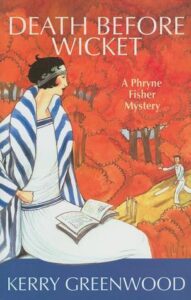
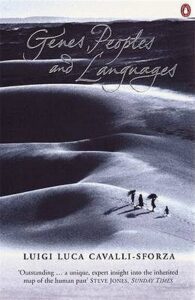
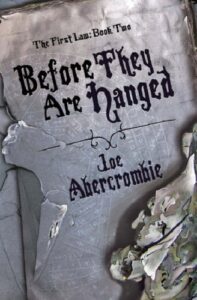
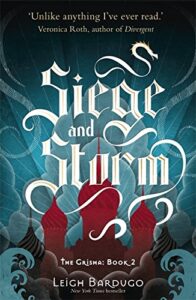
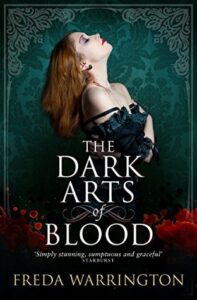
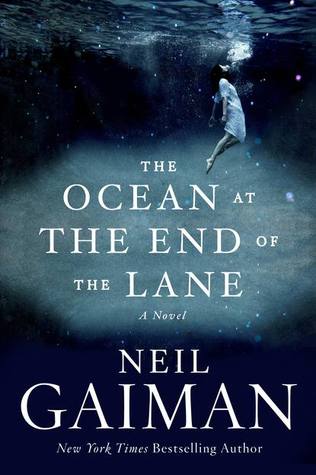 The Ocean at the End of the Lane, Neil Gaiman
The Ocean at the End of the Lane, Neil Gaiman